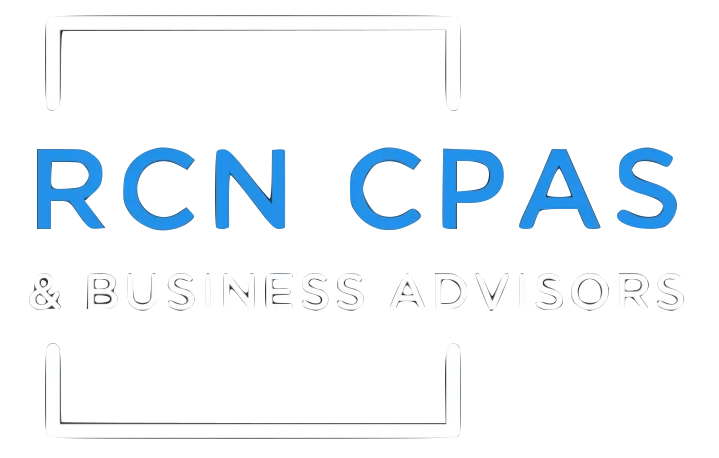Understanding the tax implications of different business structures
When it comes to establishing and running a business, choosing the right business structure can significantly impact your tax liability. The tax implications associated with various business structures can be complex, but with the right knowledge, you can make informed decisions that optimize your tax situation.
We will delve into the tax implications of different business structures and explore strategies to minimize tax burdens.
But first things first, let’s get to understand the ta implications and how to minimize them.
Understanding Tax Implications:
Tax implications refer to the effects that various financial decisions and transactions can have on your tax liability. Business structures play a pivotal role in determining how a company’s income, expenses, and profits are taxed. The choice of business structure can influence factors such as tax rates, reporting requirements, and the ability to claim tax deductions. It’s crucial to consider these implications when selecting a business structure.
Minimizing Tax Implications:
Mitigating tax implications involves making informed choices and utilizing available strategies. One of the most effective ways to reduce your tax burden is by identifying and capitalizing on tax deductions. Tax deductions allow you to subtract certain expenses from your taxable income, thereby lowering the amount of income subject to taxation. Familiarizing yourself with common tax deductions for small business owners can provide valuable insights into potential savings.
Differentiating between tax deductions and tax credits is essential. While deductions reduce your taxable income, tax credits directly reduce your tax liability on a dollar-for-dollar basis. Understanding this distinction can help you optimize your tax planning by strategically leveraging both deductions and credits.
Tax Implications of Investing:
Investing as a business activity carries its own set of tax implications. The business structure you choose can impact how your investment income is taxed. For instance, sole proprietors and partners in a partnership report investment income on their personal tax returns. On the other hand, corporations are subject to their unique tax rates on investment income, which can differ from personal income tax rates.
Tax Implications of Fixed Income:
Fixed-income investments, such as bonds, also have tax implications. The interest income earned from bonds is generally taxable, but the tax treatment can vary based on factors like the issuer and the type of bond. Municipal bonds, for instance, often offer tax-free interest income at the federal level and sometimes at the state level if you reside in the issuing state. On the other hand, interest from corporate bonds is typically subject to regular income tax rates.
Whether you’re a sole proprietor, partnership, or corporation, your tax liabilities vary. Structuring your business impacts tax rates, deductions, and reporting requirements. Maximizing deductions helps lower taxable income, ultimately reducing the amount you owe. Understanding the distinction between deductions and credits is pivotal for strategic tax planning. Additionally, your business structure influences how investment income and fixed income, such as bonds, are taxed. By grasping these implications, you can make informed decisions that optimize your tax strategy and overall financial success.
By staying informed and making strategic decisions, you can position your business for financial success while maintaining compliance with tax regulations.





